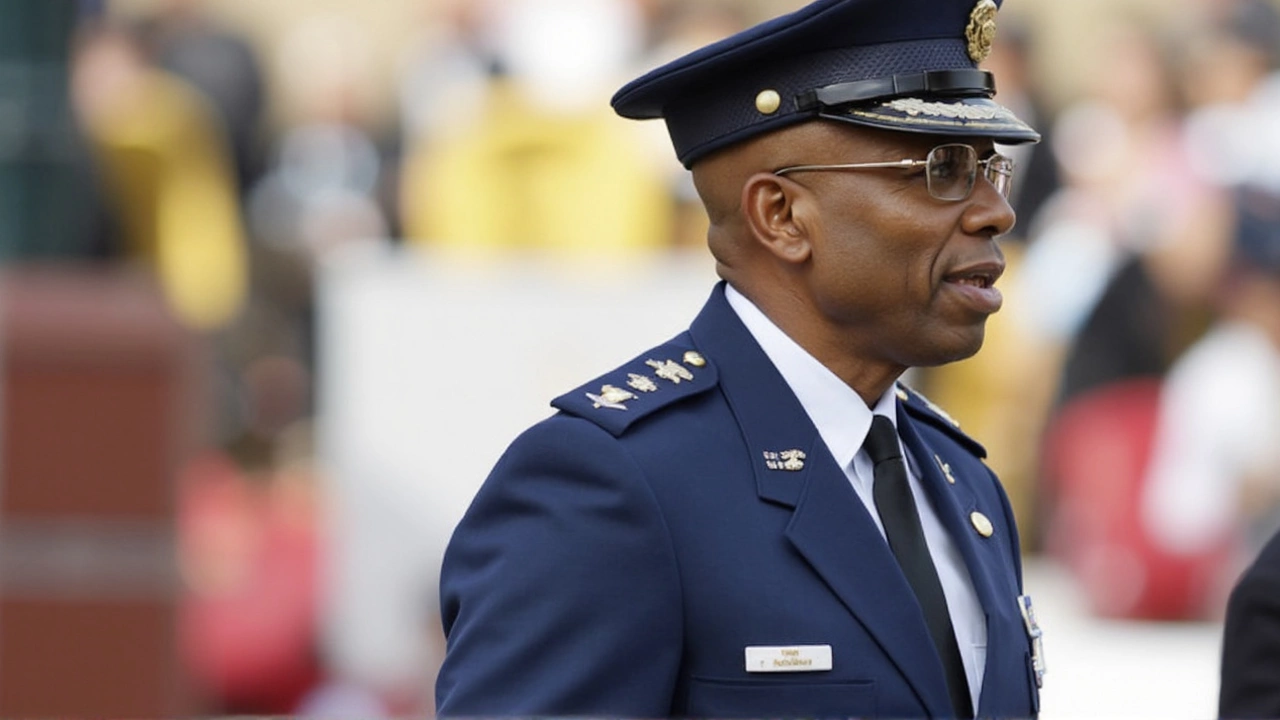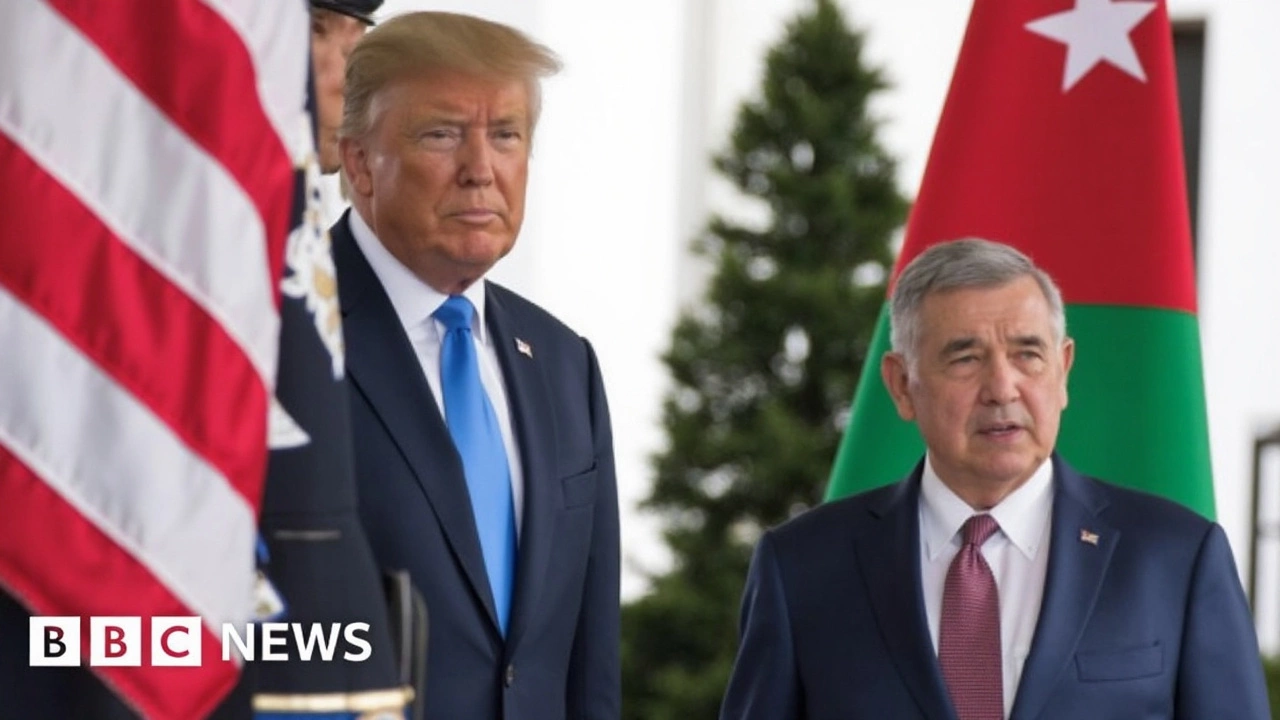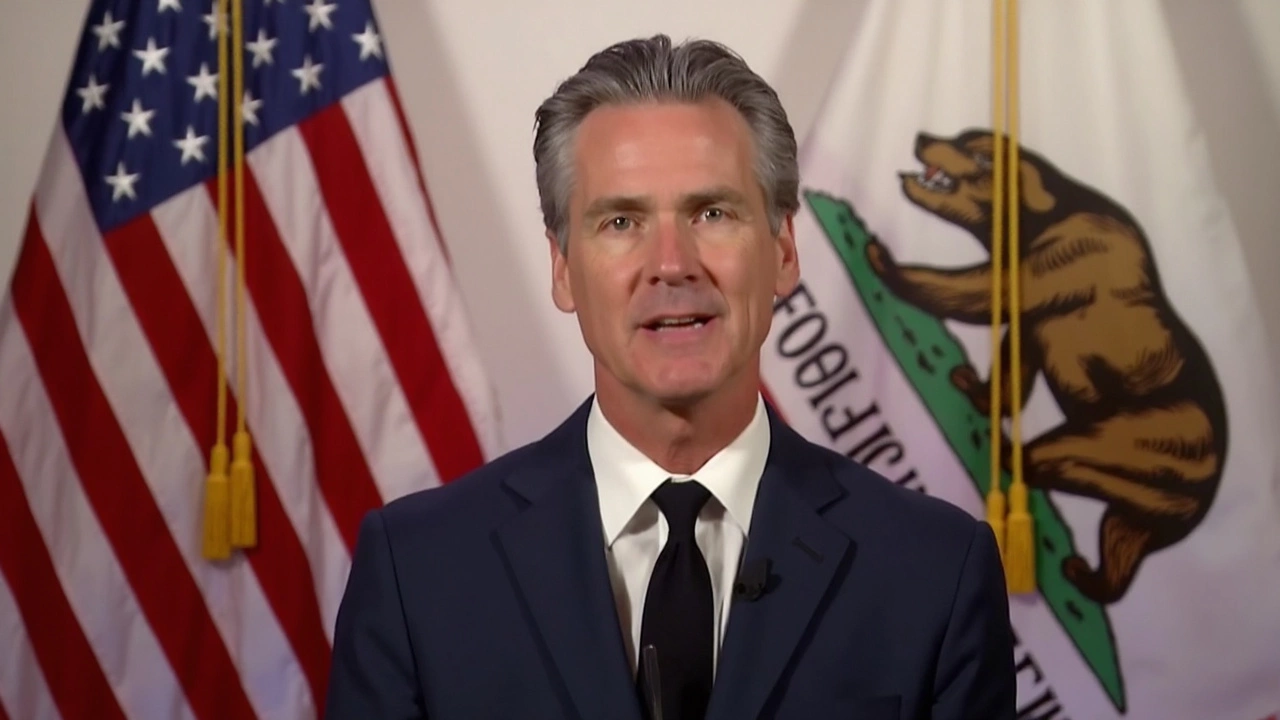In an unprecedented shake-up, President Donald Trump has removed Air Force General Charles Q. Brown from his position as chairman of the Joint Chiefs of Staff. This marks a first in U.S. history—never before has a sitting chairman been dismissed before completing their full term. Appointed in October 2023, Gen. Brown was only the second Black individual to ever hold this crucial position. His tenure focused mainly on U.S. engagements in conflicts involving Ukraine and the Middle East, offering a vision many considered progressive and forward-thinking, particularly around diversity and equity in the military.
However, Gen. Brown's stance on these diversity and equity initiatives drew criticism from some quarters, notably from Defense Secretary Pete Hegseth, who labeled these policies as 'woke.' His unexpected dismissal has stirred a political hornet’s nest, with accusations flying about possible motives and implications. President Trump’s choice to replace Brown is retired Air Force Lieutenant General Dan 'Razin' Caine, a seasoned leader known for his experience as an F-16 pilot and his roles within the Joint Special Operations Command and the CIA. Caine’s nomination will still need to pass Senate scrutiny for confirmation, amidst debates about whether he meets the traditional expectations defined by the Goldwater-Nichols Act, which usually recommends four-star generals for the job.
The decision to appoint Caine, coming from such a diverse and highly competitive candidate pool, has raised eyebrows and unleashed a torrent of opinions, from cautious optimism to outright condemnation. Among the most vocal critics is Senator Jack Reed (D-RI), a senior Democrat on the Armed Services Committee, who has strongly opposed this move. He refers to the ouster and replacement as a largely politically motivated attack on military professionalism, decrying what he views as a worrying attempt to politicize a traditionally neutral institution like the U.S. military. Reed highlighted that both Gen. Brown and Chief of Naval Operations Adm. Lisa Franchetti, now the first woman on the Joint Chiefs, were exemplary leaders committed to their roles and constitutional duties.
This restructuring doesn’t stop with Gen. Brown. Alongside these changes at the top, the military is also witnessing a reshuffling of key legal positions—the Judge Advocates General for the Army, Navy, and Air Force have been removed. This broad purge hints at a possible restructuring within the defense framework, especially concerning legal oversight in the Pentagon. This, naturally, has sparked debates about the motivations and implications such changes will have on the fairness and neutrality of military operations.
As these events unfold, the nation waits for the Senate to take its decision on Caine's appointment. The implications of Trump's moves on future military policy and its independence from political influence remain to be seen. Amidst all this, the debate continues: how much should politics play a role in the military’s top echelons, especially concerning decisions of such magnitude?



